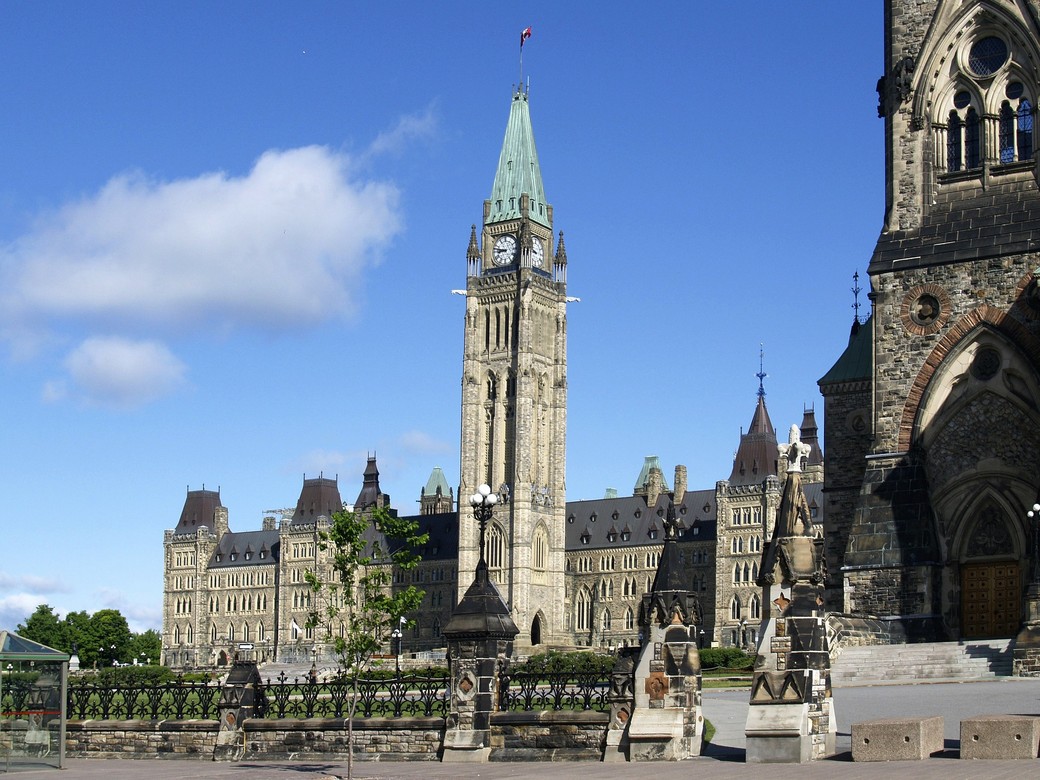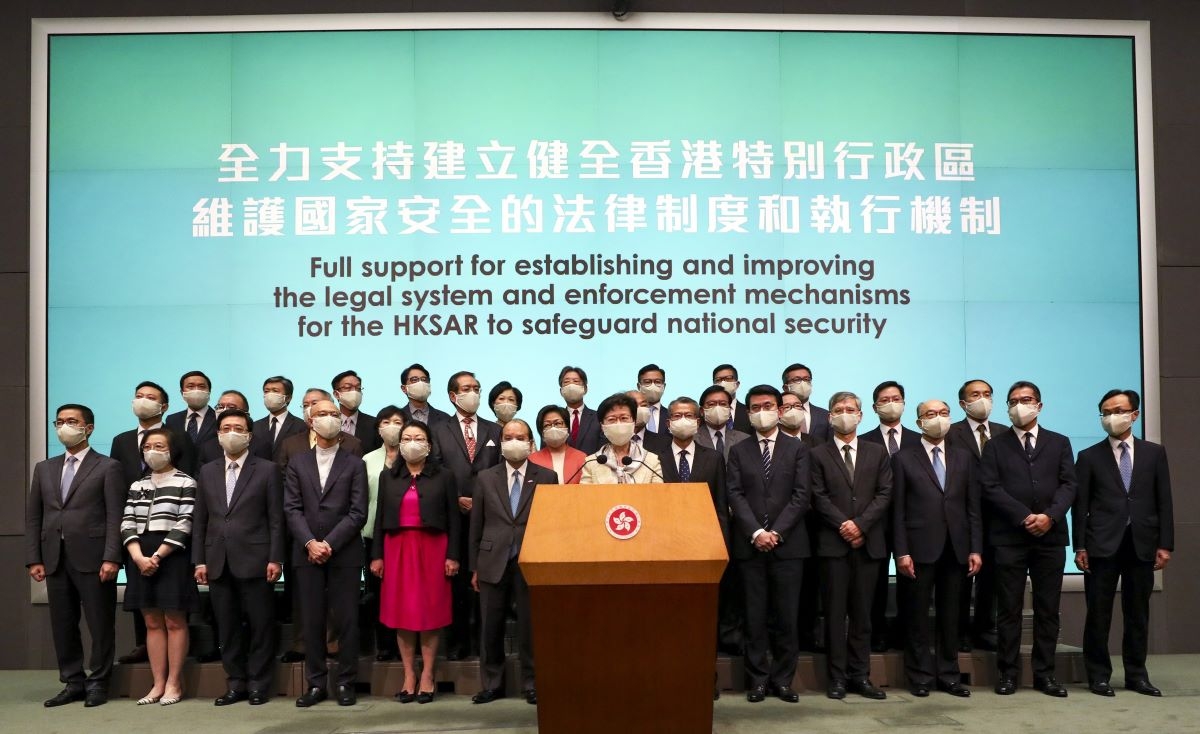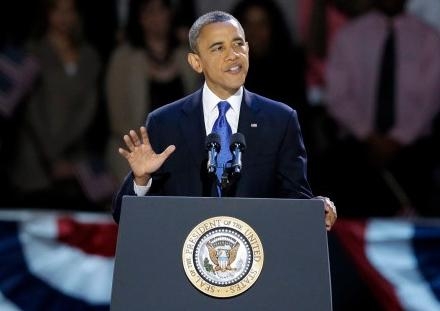
Are Canadian taxpayers getting value for money from their Members of Parliament?
To suggest MPs deserve high salaries because they have prostrated themselves on the public service altar is neither a credible nor sustainable argument. After all there are many Canadians who work in areas of employment in this country that are significantly more dangerous than being a politician and yet who earn only a fraction of what an MP receives. We are also familiar with the annual ritual where MPs vote themselves salary increases even though these increases have absolutely nothing to do with their level of performance. Given these facts, logic dictates that before paying MPs such enormous salaries that they should be subject to an annual performance review and evaluation.
It is also fair to ask why members of parliament are automatically entitled to salary increases every year? Since taxpayers foot the bill common sense dictates that such increases should not be just a rite of passage. Why is there no parliamentary evaluation process in place to judge how well members of parliament perform their duties? In my opinion, there should be measurable criteria in place so that their overall productivity and effectiveness can be judged by taxpayers. If the word accountability means anything it should apply with even greater vigor to parliamentarians.
One could argue that current and prospective MPs are evaluated by the electorate when they run for office or seek re-election. However this process doesn’t even come close to measuring an MPs abilities, skills or work record through an evaluative process. Indeed, elections are largely driven by extraneous factors that have nothing to do with how well an MP does or does not do their job.
So the question remains? Why should members of parliament be exempt from being held accountable for the way they perform or fail to perform their duties when they hold public office? If voters could see a report card that shows how well MPs performed in their jobs it could help inform and improve the publics’ decision-making at the ballot box when they vote an MP in or out of office.
Why should MPs, be paid the same salaries when we know that some work a lot harder for their constituents than others? Why should MPs be exempt from performance evaluations when they insist on it in the public service and almost every other branch of government? Indeed it’s hypocritical for MPs to claim they are the great champions of fiscal accountability when they themselves are not fiscally accountable to the taxpayers who elected them.
For example how effective are MPs when it comes to serving the people in their constituency? It would be productive to answer this question by conducting a survey of the constituents in each riding across this country. Some vital questions should be asked such as: What percentage of the population in any given riding actually contacted their member in the past year for assistance? How was contact made? Was it by email, fax, phone or a scheduled meeting? What kind of assistance was being sought and was the matter addressed and resolved by their MP?
Of the percentage of people who sought assistance from an MP how many were satisfied with the assistance they received? What types of assistance do MPs provide their constituents and how does this compare with the services provided by other MPs across the country? How do services provided by MPs vary in terms of the frequency and variety of requests they receive from one riding to the next? What type of response do constituents receive when they contact a MPs office about a particular issue of concern to them? What about the political staff who work for the MP? Do they respond to constituents in a friendly, knowledgeable and helpful manner or do they simply ignore them? Are issues raised by constituents even brought to the MPs attention?
Some political staff even usurp the role of the member of parliament and send back replies to constituents that are not formally approved by the MP. In some cases, letters and emails sent to parliamentarians are ignored or go unanswered particularly if they are asking tough questions about government policies and practices. With some MPs it may take months before they reply and if they do it’s usually nothing more than a form letter that doesn’t even address the concerns raised by the constituent. What does this say about how MPs run their offices? What does it say about their effectiveness as MPs and what does it say about the seriousness with which they take correspondence from members of the public? Most MPs and their offices are great when it comes to getting a passport processed expeditiously. However when it comes to responding to questions or concerns about major issues such as harassment in the RCMP or injustices suffered by people at the hands of government officials, MPs offices are often silent and dysfunctional.
The failure of MPs to address the concerns of their constituents has a predictable backlash. It negatively impacts a constituents’ view of that particular MP and politicians in general. It fuels a common belief that politicians are arrogant, detached and self-serving people who have no interest in what the public have to say and it breeds distrust and a disinclination to vote in elections. The government can appoint a Chief Elections Officer and give them a mandate to try and encourage people to vote. This will however be doomed to failure unless we see a major change in the way we hold politicians accountable for how they deal with the public. Unless this changes the old saying prevails ‘that you can lead a horse to water but you can’t make them drink.’
Until MPs are held accountable for the way they relate to the people who elected them fewer and fewer people will continue to vote and more and more people will remain steadfast in their view that the entire political process is a waste of time and refrain from voting. It’s time we implemented an annual independent and impartial evaluative process to hold our members of parliament accountable. The public have a right to know why we are spending so much money on some parliamentarians who have a track record of being dysfunctional and disinterested in the very people who elected them. If such information was on the public record perhaps we would have more capable and productive MPs elected to office. And who knows maybe just maybe the public may develop more respect for the politicians that they elect to represent them in the House of Commons.
Darryl T Davies is an instructor in the department of sociology and anthropology at Carleton University. The views expressed are those of the author in his personal capacity.













